EXCLUSIVE: After almost 10 years of working as a screenwriter on beloved Nigerian television shows such as Tinsel, Shuga, Hotel Majestic and Ajoche, Tunde Aladese decided to head to film school, in what was a difficult but necessary step to equip herself with tools and knowledge that she can use to make the films that she would like to. “It wasn’t an easy decision, but it was made easier by the fact that I didn’t make it all at once,” she admits. “But at the time, my conscious thought was that going away somewhere, engaging in some course of study, would shake me out of the routine I had become stuck in and used to.”
At the film school in Berlin, she acquired practical knowledge in other filmmaking departments, a step towards becoming the kind of filmmaker that can direct a short film idea that she could not see anyone else making at that time.
Transatlantic—where you can find her latest screenwriting effort—premiered on Netflix worldwide on April 7. Recruited by series creator Anna Winger, Aladese joined the writers’ room of the historical drama that captures the second world war era, “tackled with lightness, humour and just enough escapism.” Tunde Aladese scribed the finale of the mini series and worked on the set of the project in Marseille as the story editor.
How all of this came together as a writer on Transatlantic, her personal drive for seeking further filmmaking knowledge, the tough period of living abroad as a creative and what the future holds, are topics discussed in this brief conversation with Tunde Aladese, who might also be recognised as an actress by a few.
Congratulations on the premiere of the new Netflix series Transatlantic, on which you worked as a writer. In an interview, you shared that you were invited to join the writers’ room of Transatlantic by series creator Anna Winger, who is also known for Emmy-winner Unorthdox. Can you share with us how this meeting came about?
I’d heard about Anna Winger in 2016/2017, not long after her first series Deutschland ‘83 came out. Someone who worked with her on the second season of that show gave a talk at my school, and that’s how I learned she was an American and ran her writers’ rooms in English. This was important information for me as someone considering staying on in Berlin after my studies. Ultimately, my writing sample got to her because a friend I met through a networking group was working as her assistant who told me when Anna was looking for writers of West African origin residing in Europe.
Not long after that, I attended a panel where she spoke and went up to introduce myself afterwards, as the friend whose sample had been forwarded to her. She chatted with me for a few minutes, asking me questions about Nigeria, where her parents had met as academics not long before the Nigerian civil war. Between that first meeting and the invitation to write on Transatlantic was a period of over two years, during which I also interviewed with her for an assistant job but was turned down because she felt I was overqualified for that role.
Did you need much convincing to join the project? What convinced you to join the writers’ room of Transatlantic?
I needed no convincing. Apart from being aware of what an opportunity this was, I had met with her a few times by now and knew that I liked her as a person. She has a very distinct energy. When she called about the project, we hadn’t spoken in a few months, I think, so the call was a surprise. She told me she was about to start on her next project for Netflix and would send me the pilot. She wanted my honest thoughts on it after reading, including whether the story was of any interest to me.
Thematically, the question of refugees and statelessness was very resonant, as a Nigerian in general, aware of how much our community spreads around the world, whether ‘legally’ or ‘illegally’. But also as an African living in Germany since 2015, watching all the conversations about immigration play out across Europe as influxes from different countries arrived (most notably from Syria at the time that I moved to Berlin) – the debates about who is more deserving of refuge, who gets to travel and why, the hoops you have to jump through to prove you deserve to cross continents. I think it’s impossible to be a Nigerian in the world today and not have these issues weigh on you.
Beyond that, I also was really excited by the pilot. It’s evolved a bit from the draft I read but the essential elements that drew me, those elements that pay homage to the age of Hollywood I fell in love with when I first understood the idea of this place that people went to, to make movies. It gave vibes of Casablanca with elements of Tracy Lord from The Philadelphia Story dropped in. Of course, I said yes, who knew when next I would get the chance to write on something like that?
Also, I was reassured by the fact that the showrunner felt it was important that, while the series nods to those classics, it also highlights characters who typically were invisible or caricatured in films from that era or who existed at that time but weren’t acknowledged. They include Africans who were involved in World War 2, either as conscripts from European colonies sent to tropical and sub-tropical war fronts, or as Africans living in Europe when the war broke out, who signed up to fight Nazis and stayed on and participated in the Resistance after the countries they were in had been invaded or laid down arms.
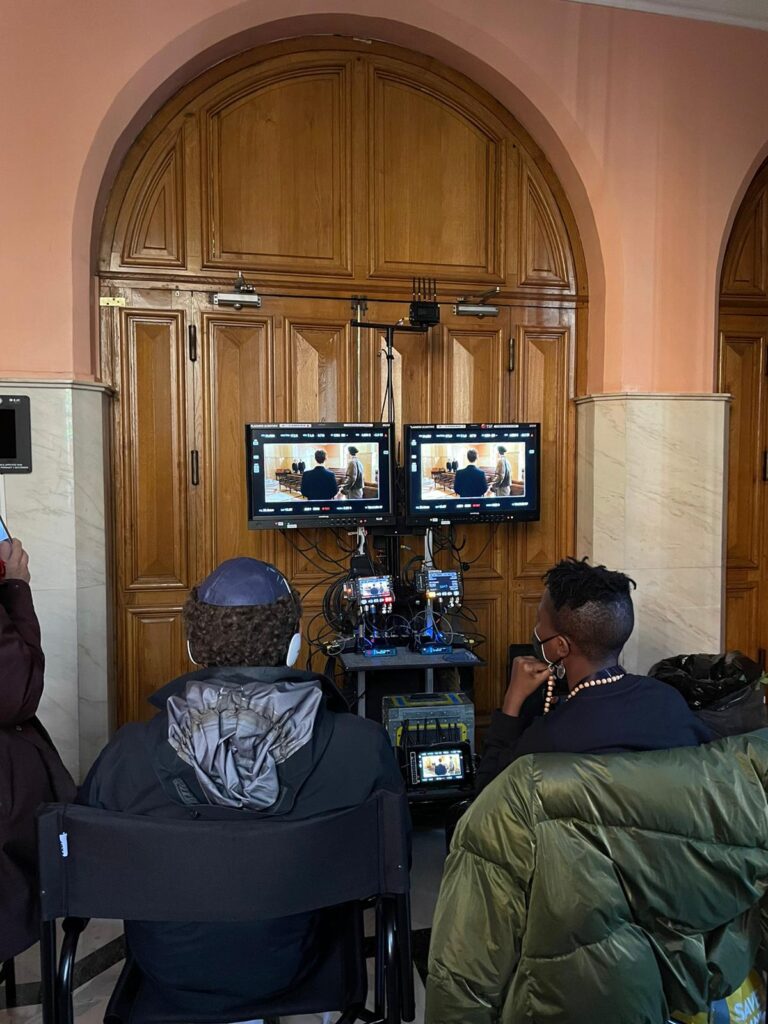
What was your experience in the writers’ room and during the production of the series as a ‘story editor’ on set?
Because of the timing, we had to have a COVID room, and also work more intensely than might otherwise have been expected. It was still a somewhat more relaxed schedule than I’ve had on most Nigerian jobs, especially in terms of workload. We started writing in 2021 late spring/early summer and worked mostly on Zoom. I think we usually spent between 3 and 5 hours per day on Zoom for a total of about 3 weeks with a couple of weeks’ break in between. During those breaks we were writing and would come back on Zoom for feedback sessions, sometimes with the entire group, sometimes one on one.
Two months of discussing characters and episodes, during which we also did draft outlines for our assigned episodes and received feedback. We were only required to deliver 2 drafts of our episodes, any further writing was to be undertaken by the core team. Writing continued while pre production began, with the understanding that notes would continue to come in to accommodate casting, directors, and various aspects of pre production such as locations and other logistical considerations. When I rejoined the writing process as Story Editor, I became part of that rewriting process. I arrived in Marseille a few weeks before the shoot began and the writing was basically an ongoing process. Table reads also contributed to noting some needed changes.
And once shoot began, I was required to be on set pretty much every day, watching at least a few takes of every scene and keeping an eye out for story intent. My role was mainly to be the eyes of the writers’ room and showrunner through the process, and what that required varied from day to day. Usually, it meant interacting with the directors and the script supervisor/continuity department, but sometimes it also involved explaining or defending a line or action to the cast involved, or making quick script changes that were considered justified once we actually saw how things played out on set. Sometimes all it required was confirming that a requested line or action change from one of these other departments could pass because the intention of the scene/story remained true.
In what ways does this experience differ from how television is done in Nigeria?
Shorter days but also less workload. To be clear, for most of my career while based in Nigeria, I worked with Mnet/Africa Magic, and for most of that time, my experience was that our way of developing stories was quite different from the way most other Nigerian series were written/developed. I could be wrong. But with Mnet/Africa Magic, the main difference I would say was shorter days. On Tinsel, Hotel Majestic and Hush and to a certain extent on Jemeji and Ajoche, we would usually have about three room sessions in a year, during which we would spend 2 to 3 weeks plotting arcs for between 50 and 150 episodes. We would all stay in a hotel, either in Lagos or South Africa. It was intense but also quite a bonding experience. There was a lot of food and coffee and very little sleep. But our bosses would also try to organise time slots when we could decompress with social activities – parties, dinners, social events, physical activities.
Both in Nigeria and working with Airlift, there was the understanding that ultimately, the head writer will rewrite or edit most scripts, so that there is a uniform voice to the series and characters. The process was not so different on Shuga, but also less stressful since we were dealing with 6 to 10 episode dramas, but then again, every time I worked on Shuga, the Head Writer was someone from that Mnet background, whether myself or Kemi Adesoye.
As a writer, what are the lessons that you have picked up on this international project that can be adopted back home?
I think the biggest difference was the ‘writer on set’/writer-producer role. I don’t think I even knew this was a thing until I worked as a runner on the set of Counterpart while they were shooting their Berlin scenes and saw the dynamic between the writer-producer and the director play out there. On Nigerian projects, with the 260-a-year shows, there simply wasn’t time to hang around on set much. On Tinsel, there was a writers’ office, but it wasn’t a particularly creatively conducive space, so we hardly ever went in there.
But with both Tinsel and Hotel Majestic, the core writing team was on contract till pretty much the wrap of shooting, so we were always a phone call, email or text away whenever production had a script emergency. But early on, on Tinsel it was clear how many issues could easily crop up if there wasn’t a continuous line of communication between writers and the production team. And even then, sometimes you wouldn’t realise just how much of a disconnect between the intent of the writers and what played out on set until you watch the scene/episode broadcast on screen.
You worked for about ten years as a screenwriter on various beloved Nigerian TV shows like Hotel Majestic, Shuga, Tinsel, Jemeji, Ajoche. Then you decided to go to a film school. How easy was the decision and what have been the results on your career?
It wasn’t an easy decision, but it was made easier by the fact that I didn’t make it all at once. When I began applying to schools, my thinking was that I would just go for a year, and would continue working on shows in Nigeria remotely if my schedule allowed. It wasn’t until I had been in Berlin for a few months that I allowed myself to consider a full course of study and whether I could make it work financially. And then after graduating, came the harder choices: trying to get jobs, find people to work with, work out a freelance artist visa, and most difficult, starting to say no to jobs from Nigeria so I could make time to properly pursue opportunities in Germany. There was no guarantee that was going to work out and there was a period of 12 to 18 months when things were pretty challenging financially, socially, creatively, during which I did start to wonder if I had made a huge mistake moving to Berlin. But then things turned a corner and hopefully Transatlantic is just the start of new and more exciting adventures.
And what are the results of film school on your film sensibilities…
The practical aspects of my course were great for giving me a more fully rounded sense of the filmmaking process. You get to try your hand at every role and see what’s a good fit for you, or at least understand better what other people do. In terms of taste, I was already a mixed bag and quite open to absorbing everything.
And the choice to go to film school in Europe as opposed to the US was informed partly by the fee difference, but also because I felt like I’d had an entire lifetime of watching and understanding the language of American films. I’d been taking it in from childhood. I wanted to understand arthouse films better. The film I’d been wanting to make was supposed to be stylistically arthouse, so I felt that I would learn more new things by going to a film school in Europe.
It felt to me at the time, that those industries were also more open to stories from the rest of the world – the Middle East, Asia, maybe even Africa. Probably I was wrong and would have learned as much about world cinema in the US, but basically, I headed to Germany already interested in and prepared to learn everything I could about those kinds of films.
What should we look forward to in Transatlantic, most especially the episode you scribed, without spoilers of course?
My episode is the finale, so hopefully you get catharsis and closure. I think people can look forward to a difficult issue and time period tackled with lightness, humour and just enough escapism to make it bearable in today’s world where sometimes it can feel like nothing has really changed in the past eighty years. We’ve got romance, adventure, and I think the show is also an homage to the creative process and the creative personality, to artists and intellectuals who are often seen as the fringe of society because they choose to do things differently, to live differently.
Looking at the future, are we going to see you on a Nigerian project as an actress or writer soon. If yes, what can you tease at this time?
I think so. There’s nothing that definitive on the cards at this moment but I’m always open. As a writer, I still have a chunk of Nigeria-focused stories I want to tell. Most of what I wrote and made in film school was about the Nigerian experience and identity. I would just like to make things in a different capacity than I used to, no longer as a writer for hire who has no say in what happens after the scripts are turned in. So it’s about forming the right relationships, having the necessary conversations. Something I am about to start developing now is very much a Nigerian story, but we’re still too early in the process to know if we will be able to get it made, or when. There is another project I’m involved in, a very international series, some of which plays out in Nigeria, but it’s too early to talk about for now. Hopefully, I can say more soon, if and when things become more concrete.
Transatlantic is streaming on Netflix.
Share your thoughts in the comments section or on our social media accounts.
Sign Up: Keep track of upcoming films and TV shows on your Google calendar.

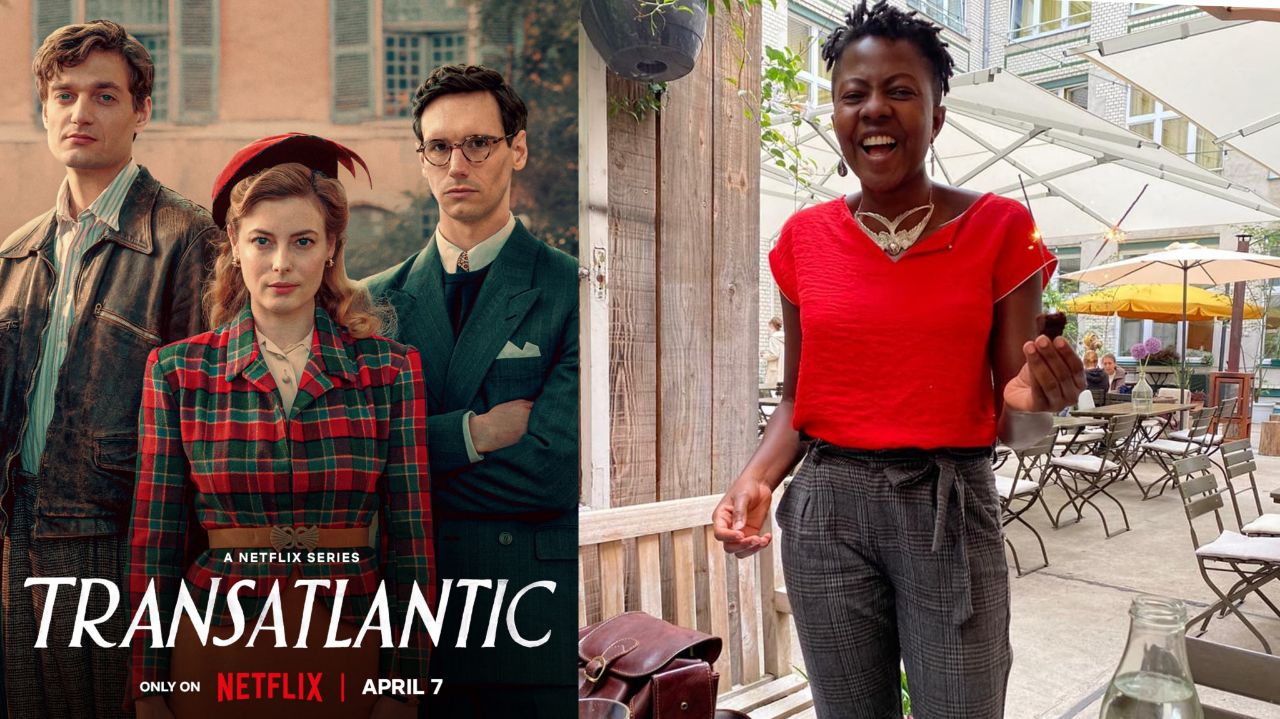
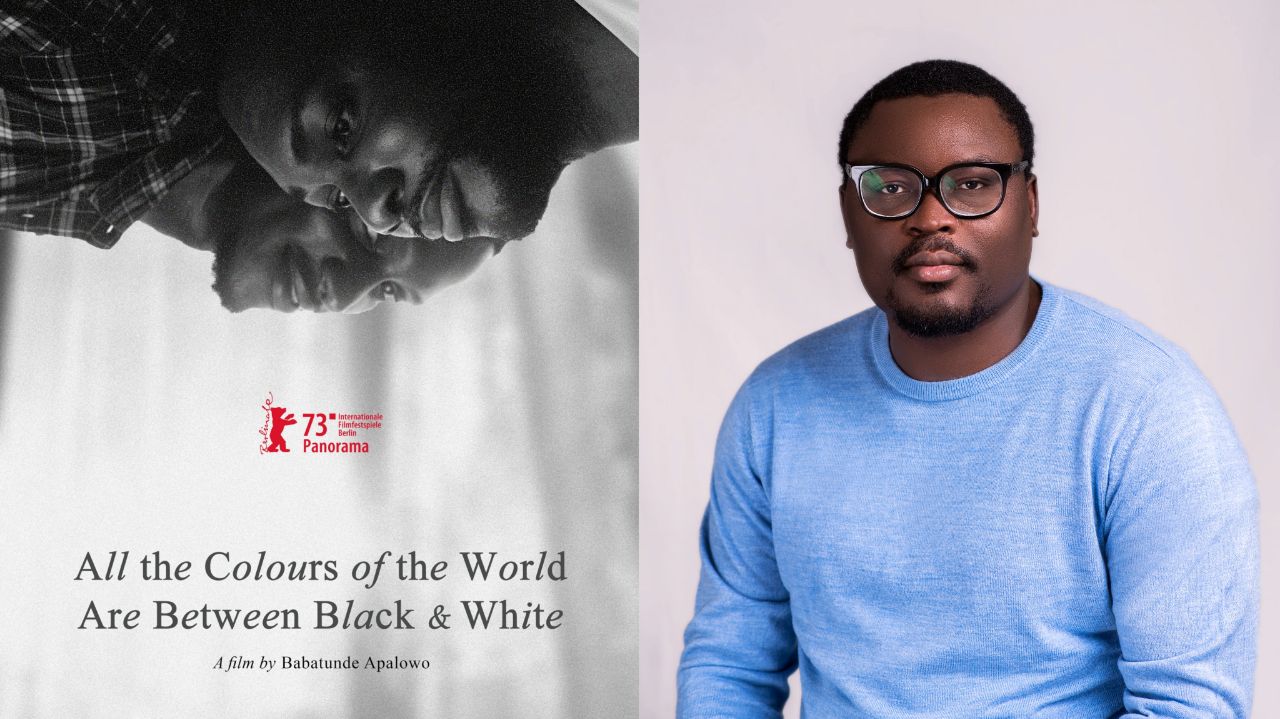
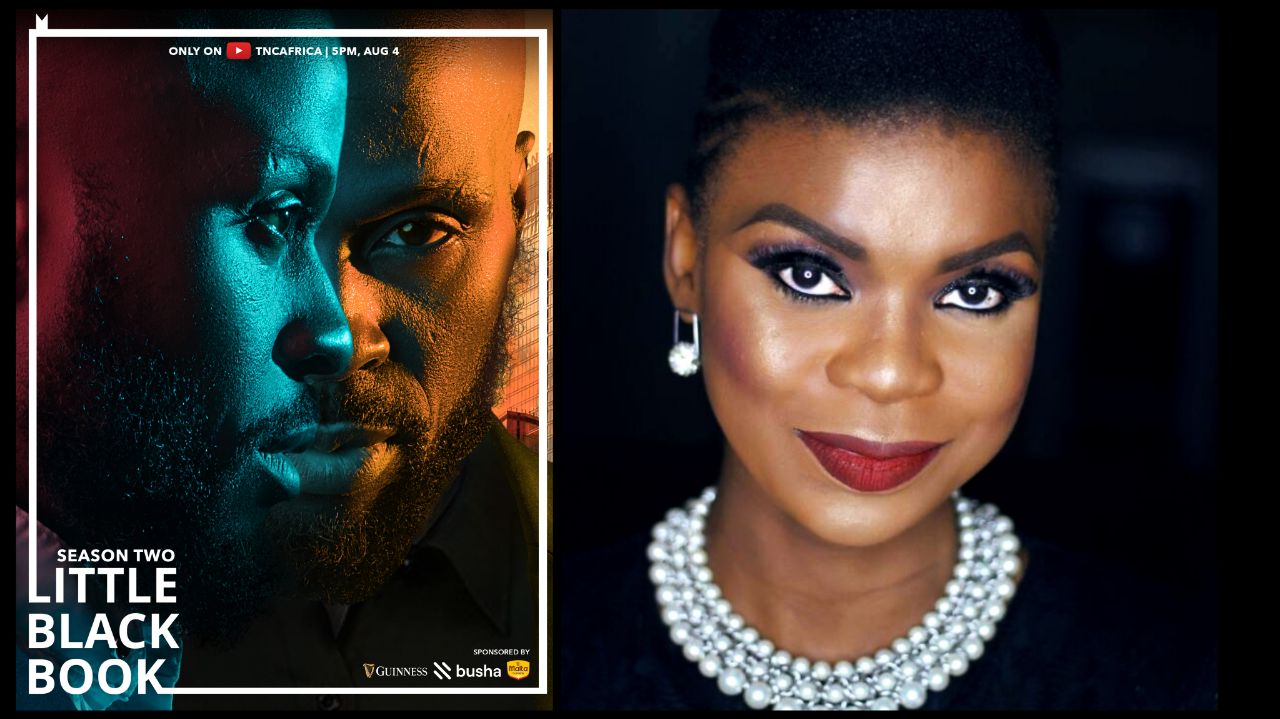
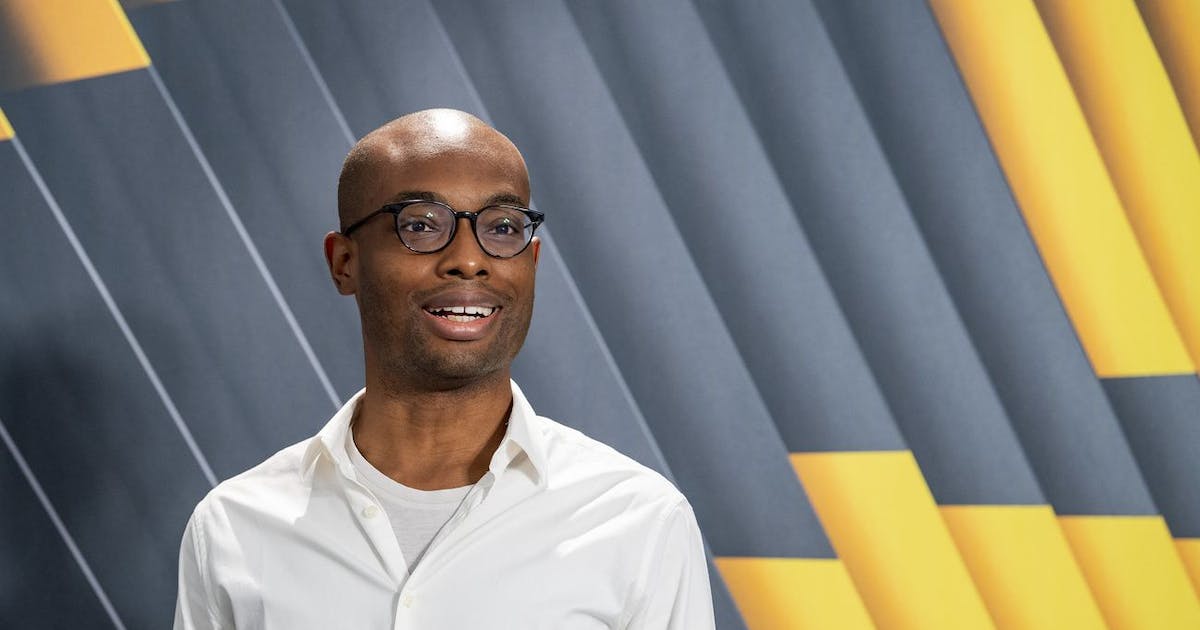
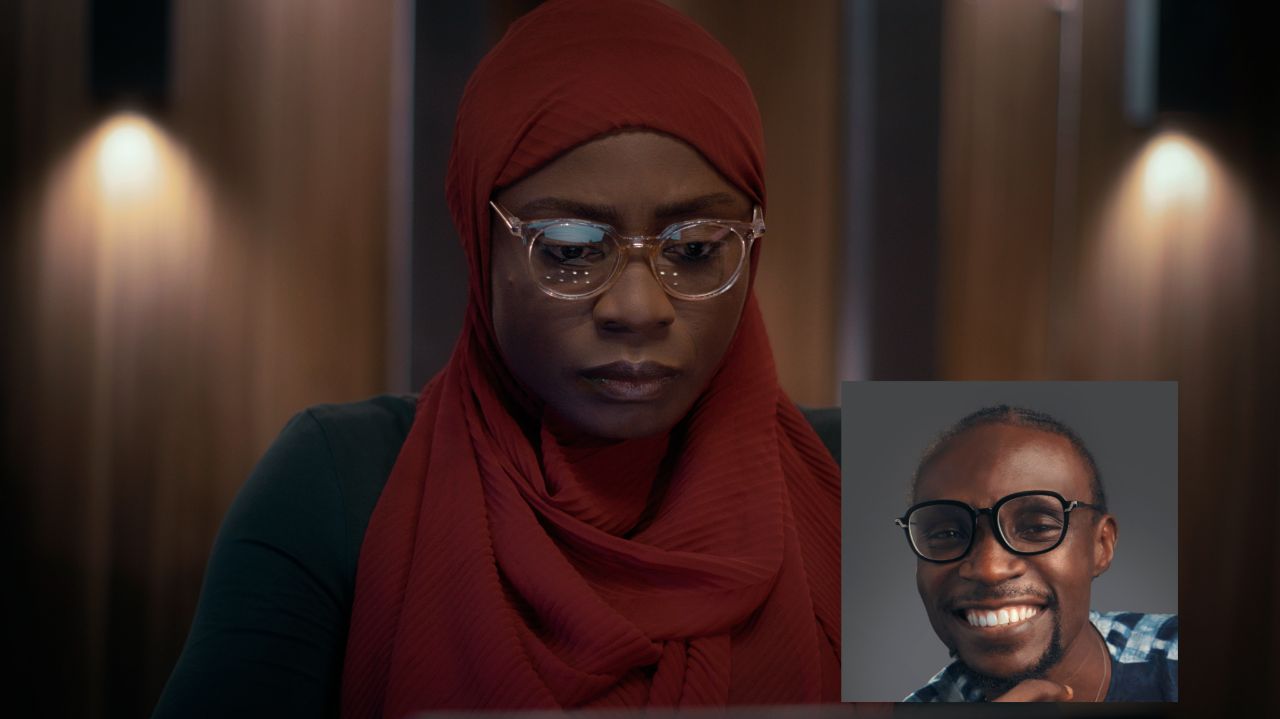

1 Comment